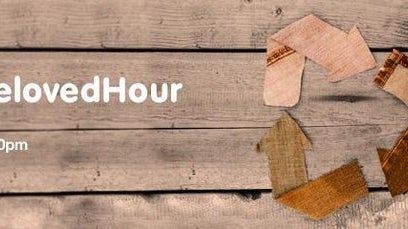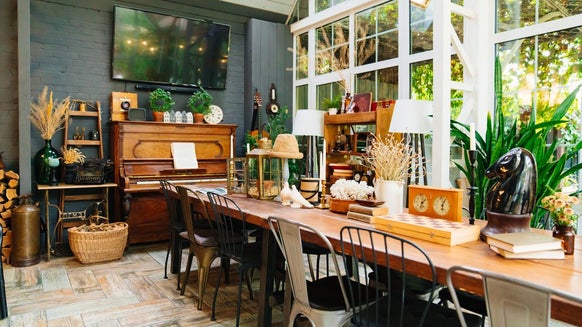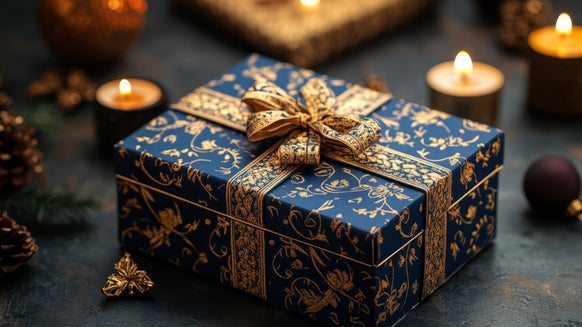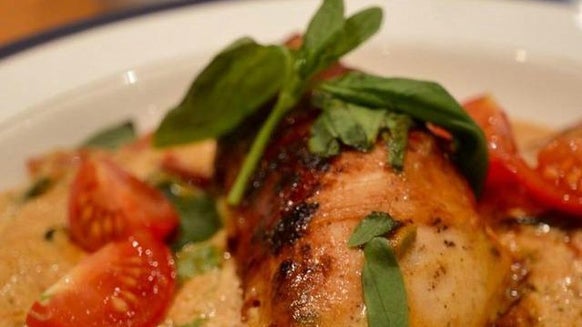2 Weeks Until Christmas – Feed the Birds
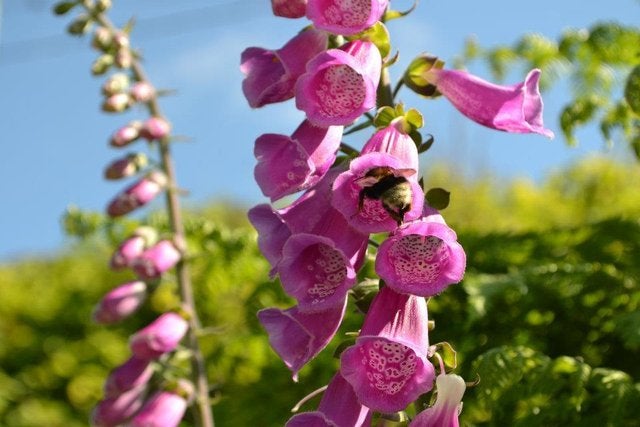
 During the winter months, food sources for our wild birds start to fizzle out. Natural vegetation sources will have whittled away, and most insects will have reduced in numbers until the spring. With the steady loss of natural food sources over the years, birds have come to rely on supplementary food provided by us in our gardens.
During the winter months, food sources for our wild birds start to fizzle out. Natural vegetation sources will have whittled away, and most insects will have reduced in numbers until the spring. With the steady loss of natural food sources over the years, birds have come to rely on supplementary food provided by us in our gardens.
Although it is correct to assume that birds need help mostly throughout the harsh winter months, Britain's birds actually benefit from our garden supplementary food sources all year round. So if you would like to see more birds enjoy your garden, what a better time to start providing food than now!
The RSPB has many sources to help you learn more about feeding the birds in your garden, including what you should feed them. Whether you want to encourage certain bird species into your garden, or would just like to help boost the development of them all, the RSPB sources above are packed full of information to help you choose what food to provide. As a brief overview, see Preloved's guide to bird feed below!
robin perched on fence
Preloved's Bird Feed Guide Winter Bird Feed
Birds will be using extra energy throughout the winter months to keep warm, and with reduced daylight to forage and feed, providing high energy seed mixes is a great way to give them that extra boost. You can buy ready mixed high energy bird food mixes from most garden centres and online bird food stores. If you don't mind spending a little more, you should also consider providing fresh meal worms! This will encourage many favourite bird species into you garden including blue tits and our festive friend, the robin.
Ready made bird cakes, food bars and fat balls are a great way to provide vital fat based foods for birds. Again these are readily available in most garden centres, but why not have some fun making you own by mixing melted suet or lard with a variety of seeds, nuts, dried fruit and oatmeal? Once ready to put out for the birds, you can have some fun placing it in various containers with minimal expense. Try an unused plastic cup, an unusable teacup or tennis ball cut in half hung on some string! Or alternatively pick up a bird feeder table and place the fat balls out once they have hardened a little. What a delicious birdy treat!
Household Food Scraps
When buying bird food, it is generally better to choose premium brands. Not only will these tend to be better quality food mixes, the birds will also be more likely to feed on them. If you are concerned that you cannot afford bird food as an extra expense, do not fear! You can still help the birds in your garden by providing selected household scraps! Here are some examples:
Uncooked porridge oats Cake crumbs and pastry Leftover cooked potatoes and rice Unsalted meat fat - however if you have many neighborhood cats, this is not recommended Grated cheese Soft fruit - fallen fruit like native apple varieties Dried fruit - bear in mind that this can be harmful for cats and dogs so distribute sensibly Bread - but only in moderation, and as part of a varied diet yin your garden as it is not very nutritious AVOID any traces of salt, cooking fat and polyunsaturated fats (margarine, vegetable oils) at all costs Note: Keep an eye on all food you put out for birds and wildlife. Make sure nothing goes mouldy or state. Mould can cause respiratory problems in birds and other wildlife, and stale food can become the perfect home for nasty bacteria.
Bird Beverages
lion bird bath
It is a common misconception that milk can be beneficial for the wildlife in your garden. It is not. You can encourage all sorts of wildlife into your garden by simply providing sources of clean fresh water. Throughout the harsh winter months, ensure all water sources are accessible for birds by breaking up any ice first thing in the morning.
Bird baths will not only provide drinking facilities for the birds, but act as a haven for them to keep clean! Simply pick up a second hand bird table, or make one for yourself by using unused items in the home, like an upturned dustbin lid for example.
Plan For Spring!
If you want to do more then provide extra food, or you feel you cannot afford the extra expense of bird food all year round, then don't panic! If you have a garden, there are many changes you can make to help support birds and other wildlife.
Mixed hedgerows have vanished from our countryside over the last few years, often being replaced by fencing and walls...so why not re-introduce them into your garden? Hedgerows act as natural boundaries and highways, as well as providing natural shelter and food sources for birds and other small critters.
bee going into flower
If you have lawn, why not consider leaving part of it unmowed? Leaving part of your garden to grow wild will encourage native grass and plant species to thrive, thus providing shelter for insects, a natural food source for many bird species. If you want to go one step further, when you are choosing plants for your garden ready for spring, choose native nectar producing plant species that will encourage even more insect life into your garden.
I hope I have given you some inspiration to get busy in the garden this weekend! For more bird friendly tips, visit the RSPB website.



